Bandicoot Saves Sanitation Workers From Toxic Workplace And Restore Their Dignity
Shudraka Poddar - Oct 10, 2018
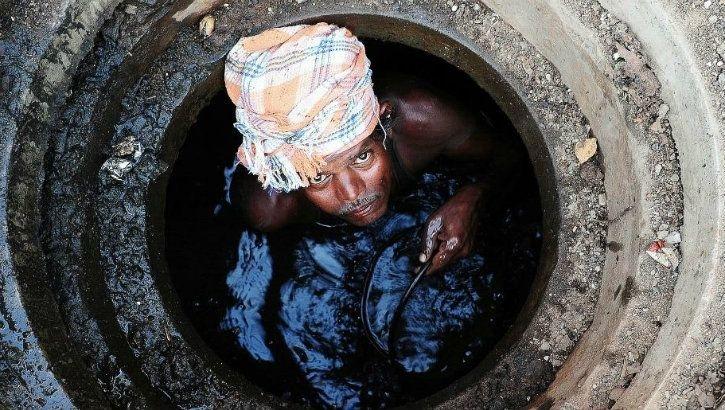
Cleaning manholes and cleaning sewage lines in India is not so dangerous anymore thanks to modern cleaning robots built by enthusiastic engineers.
- Google's Project Toscana: Elevating Pixel Face Unlock to Rival Apple's Face ID
- Google Offers Voluntary Buyouts to US Employees Amid AI Push
- Google SynthID: Everything You Need to Know About AI Content Detection
According to the first recorded figures ever in Indian government history, it is alarming and shocking that there were up to 102 people dying from cleaning waste pipes and manholes in 2017. More seriously, many types of sanitation work cause almost 23,000 deaths in both males and females annually. Plus, it was indicated that cleaning a septic tank made four sanitation workers suffocated due to toxic gases in Delhi just the previous month.
Moreover, it’s a great shame that men and women living on various sanitation jobs, which may be considered the dirtiest jobs, seem to get no respect from the society no matter if they are alive or dead.
However, things are about to change as a new starup that comes from South Inida wants to address the issue. Starting with a robot, they plan to make the workers' job and life better, which consequently will improve their social status.
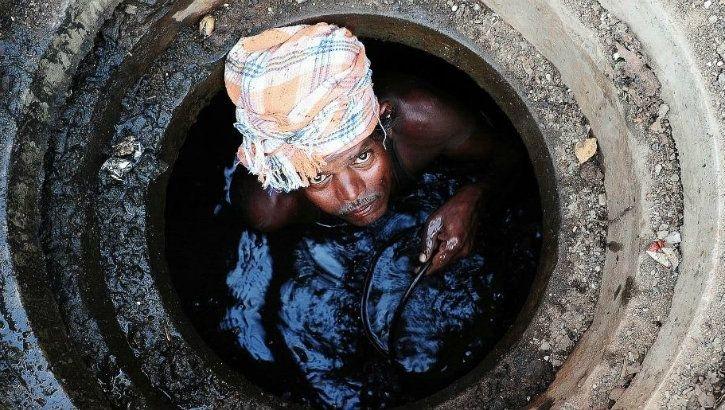
They are a young startup called GenRobotics, established in 2015, with completely great over-30-year-old engineers of various specialization which are mechanical and computer science, instrumentation, electronic and automation. When the company was first set up, it got the main contribution from four enthusiastic and young engineers who are Vimal Govind, Nikhil NP, Rashid K and Arun George. Vimal Govind is the CEO of GenRobotics whereas the other three work as the startup co-founders.
The idea of replacing the manual cleaning methods by creating a robot of the young startup could be initially from the time the founders had worked on an exosketelon project. Giving solutions to make use of superhuman strength into daily manual tasks was their main responsibility. Plus, they were asked by Kerala government to find cleaning methods which could be more effective and time-saving than waste picking using workers’ hands. Vimal Govind, CEO of GenRobotics highlighted:

Enter Bandicoot
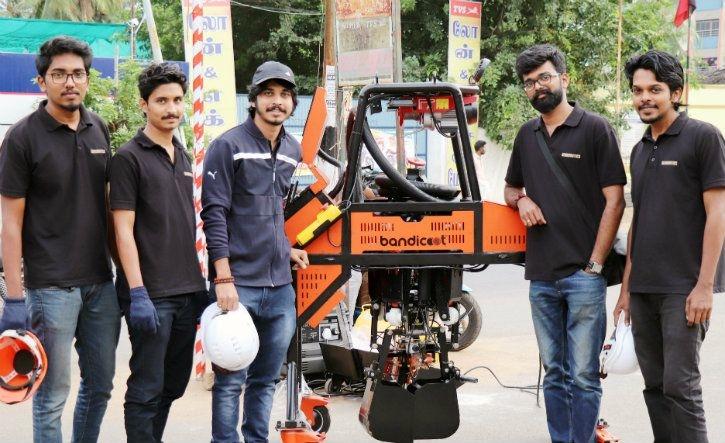
Bandicoot was made for pretty different purpose compared to the original.
From the very first moment, GenRobotics had the idea of building a robot doing multiple tasks of both cleaning manholes and cleaning sewage lines. Vimal told, however, after that they realized that there was a little difference in the nature of two works. To clean the manhole, at least one worker has to go inside it, sewage line cleaning hardly requires manpower.
The CEO of this robotics startup highlights the reasons why Bandicoot was released that:

Bandicoot, which was designed specifically for manhole cleaning, can totally replace human. It provides advanced functions that can do all the sanitation jobs as a human can do. Bandicoot, after diving into the manhole, collects all the garbage and put it into a big bucket in its arm, and the whole process is controlled from the hole's top.
It’s unbelievable that Bandicoot be able to collect 20 sewage liters within 20 seconds at most
Vimal Govind gives his further explanation on Bandicoot’s operation mechanism as well. He said that all a human being has to do when using this robot for manhole cleaning is to press the OK button. Because of its machine vision, the robot has the ability to transit all of its actions, which can be easily seen through a smart user interface, to the operator, Bandicoot makes the manhole cleaning a very much easy task ever.
The robot machine has wired or wireless connection to the central processing unit, thus, the stand unit which is operated in the manhole through a console, is launched to take Bandicoot out from the sewage line as well.
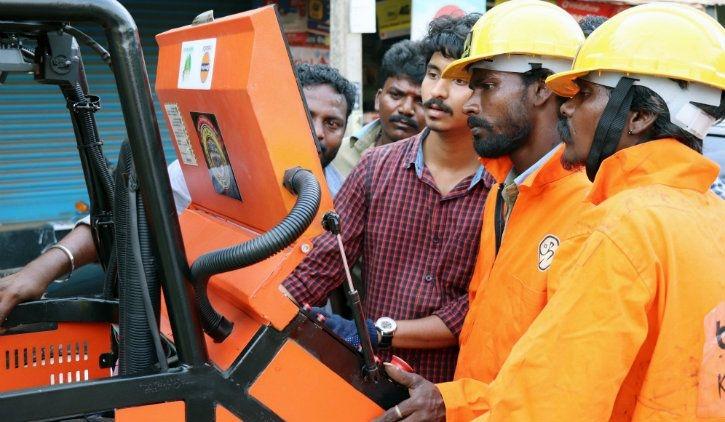
There was a question that Methane gas can be generated on the operation time of Bandicoot, is it possible to cause any explosions due to abrupting electric sparks? Vimal emphasized that Bandicoot must be designed with water-proof, corrosion resistant and flash proof. Moreover, to make it easy for Bandicoot to move in the environment with lots of sewage, the robot have to be built up with the actuators that can be customized. This results in such a challenging requirement for a complicated design, unlike the previous normal robots.
Building more Bandicoots
The total cost to successfully build up a Bandicoot (including both transportation and training fee) right now is about 18 lakh. As high as it may seem, many cities are already purchasing and applying GenRobotics product to mechanize the garbage collection and treatment. Orders from several enterprises namely Kerala, Andhra Pradesh and Tamil Nadu have already been made. Plus, the robot will soon present in Sharjah and Dubai to get the job done.
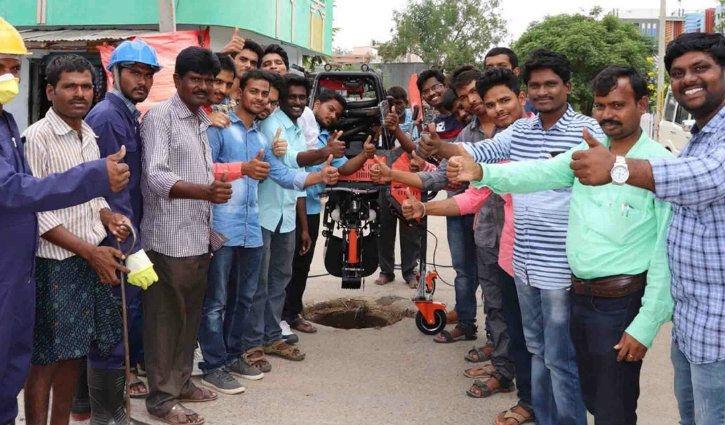
For its great success and great contribution to solve the cleaning issue in India, at the event of Google's Launchpad Accelerator India, GenRobotics has managed to get funded by Unicorn India Ventures and Google's VP & MD, South East Asia and India, Rajan Anandan. Paul Ravindranath G, Program Manager, Google India explained this event is held on the basis of global Launchpad Accelerator of Google, which honors India startups that implement ML/AI in tackkling India's issues.
Answering on an interview on the threshold of Swachh Bharat Day, October 2, 2018 when GenRobotics got ready to be honoured and complemented by the President and Prime Minister at Rashtrapati Bhavan, Vimal Govind, CEO of GenRobotics emphasized the mission of Bandicoot is to turn the sanitation workers' work into an easier and safer one. Not only the lives of sanitation workers themselves are secured, but their children will get a better life. It’s great for kids to see their parents working in a safer environment, not taking risks diving into the manhole, but just standing outside and controlling a robot which can perform all the cleaning tasks with the same efficiency.
He goes on to highlight his and his colleague’s ultimate belief that no sanitation workers have their life threatened since the first moment of social change.
Featured Stories

Features - Jan 29, 2026
Permanently Deleting Your Instagram Account: A Complete Step-by-Step Tutorial

Features - Jul 01, 2025
What Are The Fastest Passenger Vehicles Ever Created?

Features - Jun 25, 2025
Japan Hydrogen Breakthrough: Scientists Crack the Clean Energy Code with...

ICT News - Jun 25, 2025
AI Intimidation Tactics: CEOs Turn Flawed Technology Into Employee Fear Machine

Review - Jun 25, 2025
Windows 11 Problems: Is Microsoft's "Best" OS Actually Getting Worse?

Features - Jun 22, 2025
Telegram Founder Pavel Durov Plans to Split $14 Billion Fortune Among 106 Children

ICT News - Jun 22, 2025
Neuralink Telepathy Chip Enables Quadriplegic Rob Greiner to Control Games with...

Features - Jun 21, 2025
This Over $100 Bottle Has Nothing But Fresh Air Inside

Features - Jun 18, 2025
Best Mobile VPN Apps for Gaming 2025: Complete Guide

Features - Jun 18, 2025
A Math Formula Tells Us How Long Everything Will Live
Read more

Mobile- Feb 17, 2026
Anticipating the Samsung Galaxy S26 and S26+: Key Rumors and Specs
The Samsung Galaxy S26 series is on the horizon, sparking excitement among tech enthusiasts.

Mobile- Feb 16, 2026
Xiaomi Launches Affordable Tracker to Compete with Apple's AirTag
For users tired of ecosystem lock-in or high prices, the Xiaomi Tag represents a compelling, no-frills option that delivers core functionality at a fraction of the cost.

ICT News- Feb 18, 2026
Google's Project Toscana: Elevating Pixel Face Unlock to Rival Apple's Face ID
As the smartphone landscape evolves, Google's push toward superior face unlock technology underscores its ambition to close the gap with Apple in user security and convenience.
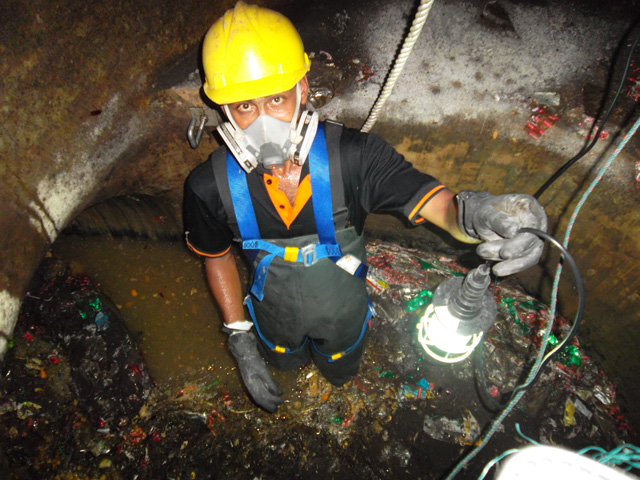
Comments
Sort by Newest | Popular